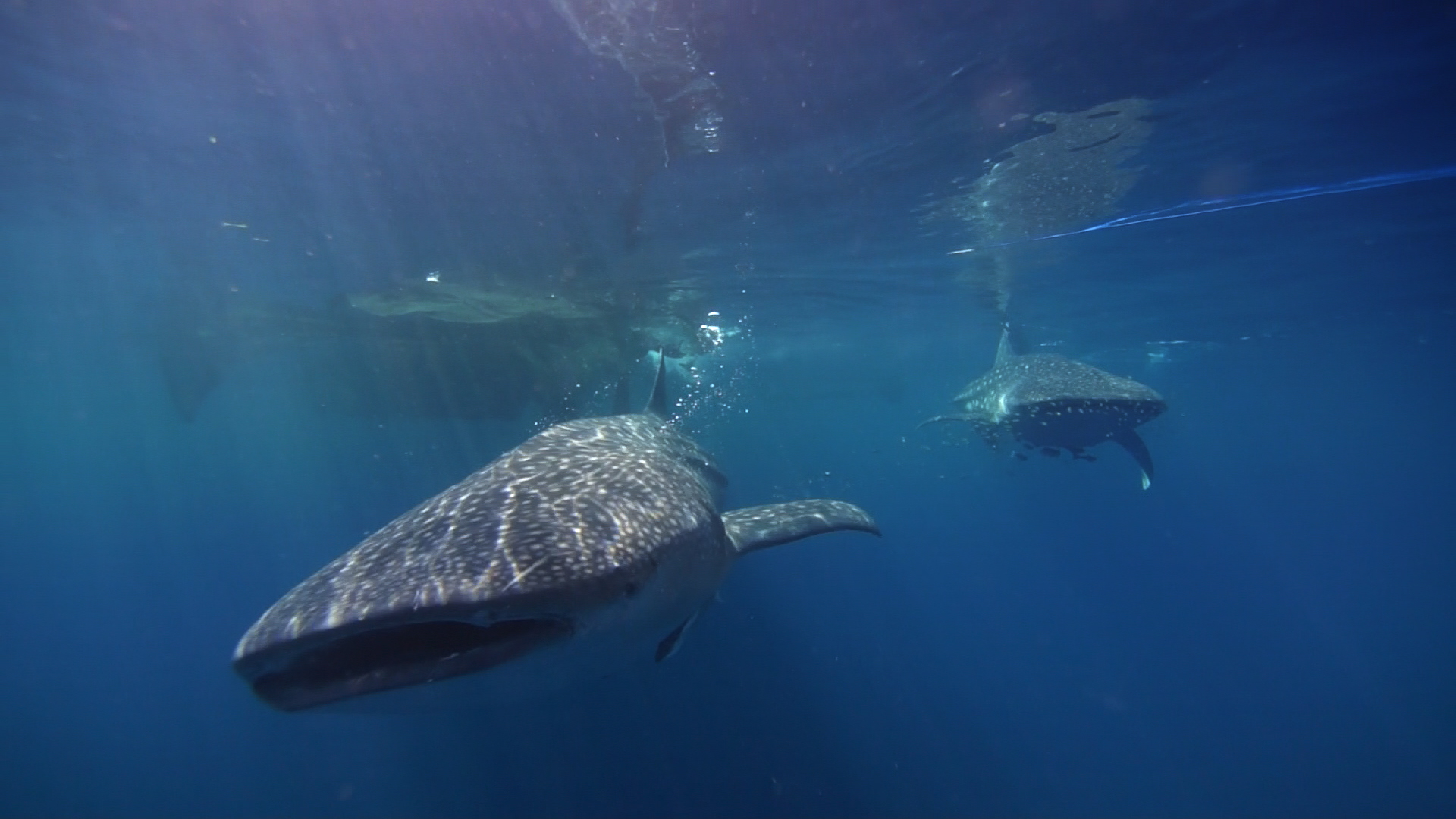SHARKS BETWEEN CULTURES AND SOCIAL STATUS
By: Dwi Aryo Tjiptohandono (Marine & Fisheries Campaign Coordinator)
Ahead of the Chinese New Year celebrations, we can still find banners or tweets on social media offering special Chinese New Year menus featuring shark fin. Not only in Indonesia, but also around the world, shark fin is a must-have dish for Chinese New Year celebrations. In an open discussion themed Removing Shark from the Menu organized by WWF-Indonesia last Wednesday (25/01), several Chinese cultural and culinary figures tried to uncover the entanglement of consuming shark as a ritual and culture.
Chinese New Year is generally celebrated by serving dishes that represent the elements of air, land and water as a form of thanksgiving and hope for a better year. Aji 'Chen' Bromokusumo, a cultural and culinary expert from the Indonesian Peranakan Chinese Association, says "Shark fin is not a necessity at all as a thanksgiving." According to him, the element of water can be represented by fish so it does not have to be shark fin, it can be replaced with milkfish which has a better philosophy and can be presented in one piece to show gratitude and hope for a smooth future.
The open discussion event held at Soehanna Hall was attended by representatives from hotels, retailers, restaurants, including Shangri-La, Gran Melia, Santika, House of Yuen, Bandar Jakarta, and Superindo. Government representatives were also actively involved in the discussion, including the Fisheries Research and Development Center, the Directorate of Marine Biodiversity and Conservation, the Directorate General of Marine Resources and Fisheries Monitoring, the Fish Quarantine, Quality Control, and Fishery Product Safety Agency, and the DKI Jakarta Provincial Maritime, Livestock and Food Security Office.
"The presentation of shark fins is only to reflect social status, the expensive price of shark fins is the reason why this menu is classified as luxurious when served during Chinese New Year," said culinary expert William Wongso. He also emphasizes that shark soup is not as good as one might think. The good taste that comes from eating shark meat or fins comes from the broth, not the shark.
However, it cannot be denied that the demand for shark fin is still relatively high in Jakarta. Several food and hospitality businesses present also stated that the demand for shark-based products is still high and there are no regulations that strictly prohibit the utilization of most types of sharks.
National shark production figures between 2000 and 2014 tended to decrease by 28.30 percent, (DJPT, 2016). Indonesia in 2014 was still the largest shark producer in the world with a contribution of 16.8 percent of the total world catch. WWF-Indonesia survey results show that shark fin consumption in restaurants in Jakarta has decreased by about 20.32 percent to 12,622 kg of shark fins in one year, from at least 15,840 kg in 2014.
Instead of improving social status, the Food and Drug Administration (FDA), the United States health agency, found that one in three shark samples studied contained mercury levels that exceeded the safe threshold for humans. There is no doubt that consuming this species increases the risk of dangerous heavy metal poisoning. The 2009 Bulletin of the Food and Drug Monitoring Agency (BPOM) states that shark has the highest mercury content of 1-4 ppm, from the 0.5 ppm limit that can still be tolerated by the human body. Mercury contaminants that enter the human body are harmful to health, because most of them will be deposited in the kidneys and can cause damage to the central nervous system, kidneys and liver.
The discussion ended with the affirmation of the concerns of Business Leader and #SOSharks campaign champion Mrs. Shinta Widjaja Kamdani that the consumption of shark fins is more of a symbol of social status power. "I started from my own home and applied it to my business. It's not something that gives restaurants pride to serve shark fins, because there are many alternatives that are served," she emphasized.
"The value of sustainability has started globally, and we should also start paying attention to this. The transportation service business together with hotel and restaurant associations must socialize about the balance of the ecosystem and this is a momentum that we can take for a national movement involving all business actors," added Ibu Shinta.
Consumer intelligence is also challenged to be more rational in fulfilling appetites, not just a show of power or image. It is consumers who have the greatest power to more critically choose and sort out what is consumed as a reflection of their identity. Continue to support #SOSharks to stop the sale of shark-based products in supermarkets, online stores, hotels and restaurants and stop the promotion of shark cuisine in the mass media.





